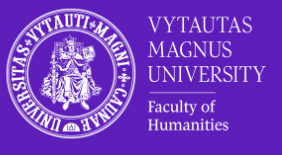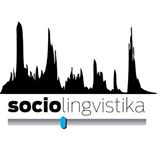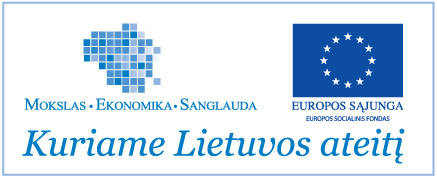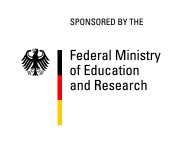Program Profile
The international master in Sociolinguistics and Multilingualism (SoMu) is an international joint-degree study program co-organized by Vytautas Magnus University (Kaunas, Lithuania), Johannes-Gutenberg University (Mainz, Germany), Stockholm University (Sweden), and the University of Tartu (Estonia).
The program is designed to provide students with the theoretical background and analytical tools to understand and evaluate an on-going work in Nordic and Baltic sociolinguistics and multilingualism, as well as furnish their foreign language skills: additionally to English, students will learn a further international vehicular language, for example, German, and at least two lesser-used and taught European state and/or national languages.
The program familiarizes students with the general key theories and methods of sociolinguistics (traditional, variationist sociolinguistics, constructivist sociolinguistics, language variation, the dialogic relationship of language use and societal patterns), as well as offers a new and wider perspective and understanding of multilingualism as the parallel use of national, minority and migrant languages alongside one or more international vehicular language(s).
Among the existing MA programs in sociolinguistics our program is unique in regard to:
- its language focus (students acquire competences in two international vehicular languages as well as at least two lesser-used and taught languages);
- its geographical focus on the entire Nordic and Baltic-Sea region (there is no linguistic MA program which would cover such a wide range of languages spoken around the Baltic-Sea);
- its focus on multilingualism in a wide sense (rather than on language policy and planning issues concerning just one European minority population or country);
- its in-built mobility (studying abroad is compulsory and equally long study periods in three universities in three different countries are required).
Our main goal is to prepare specialists who with their solid linguistic training will be able to conduct research on multilingualism and disseminate their results not only within the academia but also amongst the different stakeholder groups, including politicians, thus contributing to well-informed decision-making.












